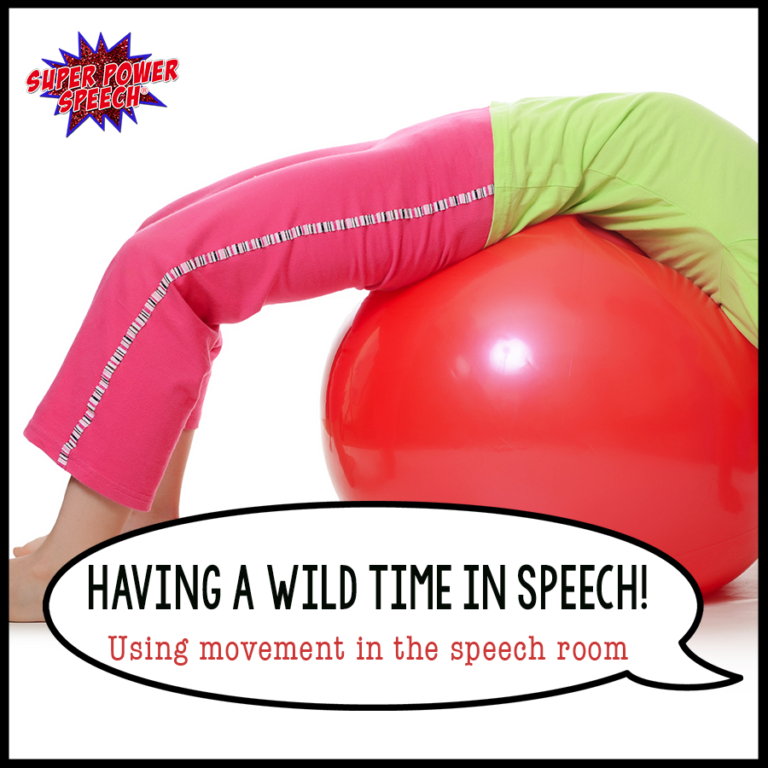Why Even a Small Hearing Loss Makes a Big Difference
So the doctor says your child has a small hearing loss. No big deal, right? They hear you when you call their name. They always come running to the kitchen when you yell out “dessert!”
As I’ve been learning recently, even small hearing losses can have a BIG impact on learning and brain development. Each typically developing child is born with the capability to hear every sound in every human language. As we grow older we lose that capability. A child that cannot hear properly (due to ear infections, brain differences, etc.) loses the ability to even hear sounds in their native language. When these neurological connections die off, they may never return. Even if their hearing gets better later (if the ear infections go away or if they later get a hearing aid), these neurological connections will not automatically reform. Brain development is at stake.
For example, I will never be able to sound like a native Chinese speaker. Never. I was not exposed to that language at a young age, and I have no gifts in language. I literally cannot hear the slight differences in tones and sounds. Through much training, I might learn to hear some of the sound differences, but I doubt I could ever learn them all.
I found a journal article with sound files here. Each of these sound files demonstrates a difference in hearing. The purpose of sharing this article is to emphasize the importance of helping children hear all the time. It cannot wait until next year or next month. Hearing loss in the classroom has a big impact.
The first file demonstrates the difference that a 20 dB hearing loss can make. Part way through the sentence, there will be a sudden volume drop of 20 dB. This is considered a mild loss.
The second file demonstrates a high frequency hearing loss. A high frequency loss affects one’s ability to make sense of language. Although you may understand some of the words the reader is speaking, if would take much effort to understand all of them because high frequency sounds usually carry the meaning of words.
Now, pretend you are in the middle of a busy classroom. There are 5 small reading groups going on at the same time. There are 30 children scattered around the room. This is what a child with typical hearing would hear.
Finally, let’s pretend that you are in this classroom: there is a lot of background noise, reverberation, and you have a mild hearing loss. This is what you would hear. Mild hearing loss. Sounds like no big deal, right? Can you imagine learning anything if that is what you heard all day? How exhausting it must be.






What does it mean if Chinese was my first language but now I can not tell the differences in tones? My grandmother has even said that talking to me is like a chicken talking to a duck!
Thanks for literally opening our ears to the world of children with hearing loss.
Wow. This is truly amazing!
Thank you for putting this together.
Great post. When Monkette first had her hearing checked the doctor was shocked she could talk at all because of all the fluid in her ears. As soon as the tubes were put in though she started saying words she never said before.
Wow good to know. My school has open classrooms so this must have a profound effect on children with hearing loss.
By the way you have a blog award on my page
You explain this well.
I don’t think I ever really thought about it before.
I’m sitting here with my mouth hanging open! You know how much meaning this post has for us. I am dying for next Thursday to get here. I will be sending more people over so that they can hear for themselves what may be going on with my daughter. Thank you so much CC!
This was amazing to hear. I know the word mild has means something particular to a clinician, but it’s not very helpful to us regular joes in understanding what is really going on.
Hopeng, that is a great analogy your grandma has given! What does it mean? It means you have lost those early neurological connections assigning meaning (or last least sound differences) from the different tones. However, because you once had them I anticipate that you would be able to regain them if you immersed your self in Chinese again.
This is exactly the reason we would only let the kids hear Korean music in the car until last year. We wanted to make sure they kept those neurological sound connections for as long as possible so that they can regain them one day if they choose to study Korean.
This is a GREAT post and makes it so clear for those of us who never realized what a differenc it makes to be able to hear clearly, at all times!
Our 5yo dd has always had a strong will and very bad tantrums, along with certain anxieties. She was especially bad in crowded rooms so we never took her out with us. We thought she was just plain defying us! After the fits got worse this past year, we realized it couldn’t just be defiance and we discovered (thru a pysch eval) that she has auditory processing disfunctions due to multiple ear infections (around 2yo). With her high tolerence for pain, her eardrum would burst b4 we even knew she had the infection!
So, so, so much of her behavior makes sense now that we know that the language connections weren’t being properly made at the right time!! She spoke at 12 months so we thought she was fine. Her hearing is fine now but she requires extra time to ‘hear’ instructions and to form verbal responses (which she wasn’t getting from us, which made her throw fits instead). We are working on phonemics and phonlogical awareness as well as helping her to ‘use her words’.
I am so thankful that God has lead us to experienced, knowledgable people such as yourself so that we are able to meet her needs and encourage her to develop to her maximum potential! It really is amazing how much a ‘little’ hearing deficit can affect a child’s developing brain!
Andrea
This was a very interesting post! Thanks for sharing:) I hope school is winding up nicely and all those IEPs are getting done. I know what those are like. I was a gifted teacher for 5 years:)
What an amazing post! I hope that you are thinking about writing for magazines! You are so gifted!
Blessings!
Lacy
After reading this I am all the more determined to get to the bottom of my 3 year old’s hearing problems. One test she has low frequency hearing loss, the next she can hear okay but has fluid in her ears, etc… I have been tempted to give up with all the tests because she seems to hear alright, but I see now I need to continue with the process.
Fasinating, certainly some food for thought.
I don’t have hearing loss, but I do have auditory processing issues (as part of my sensory processing disorder). This post was very, very meaningful. Thanks, CC.
WOW. That’s incredible! I never knew that about the brain being born capable, but then losing the ability to hear certain sounds as the one language becomes the focus. Very interesting.
Not only does hearing loss affect learning, but it affects behavior. We had an out of control child in one of our Sunday Schools. He was always getting in trouble and never seemed to want to sit and listen. Turned out he had hearing loss and couldn’t hear the lesson well enough to stay focused. His parents got him hearing aids and they started learning sign language. Now he is a wonderful student who only ocassionally needs to be reminded to behave.
great post! I like the matter of fact way you explaon this. You would thiink it would be easy to understand, but to most, it is not… This works. I might refer to this post again in the future when trying to explain to people about my son’s hearing loss.
Wow!
Just wow. Im so glad I checked her out.
Suzie, it does. I am hearing impaired from birth or soon after. I have high frequency hl. Sensory-neural they also call it.
There is a blog called the 8th nerve that is about this very topic that is worthwhile to read.
Thanks to posting SuperGirl for spreading awareness. FYI I never met another child with hearing aids until I went to college. Not such a small world after all.
AM